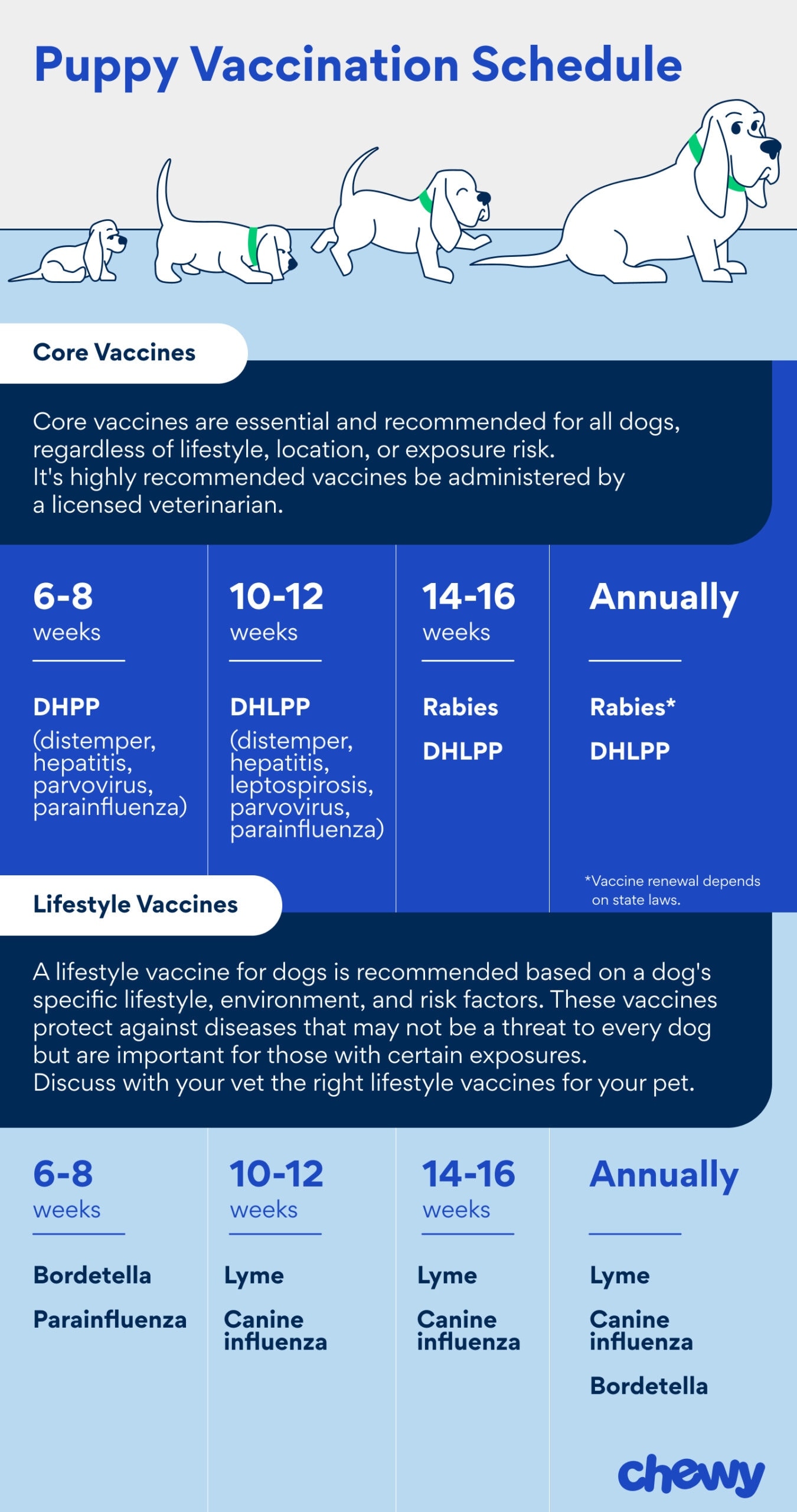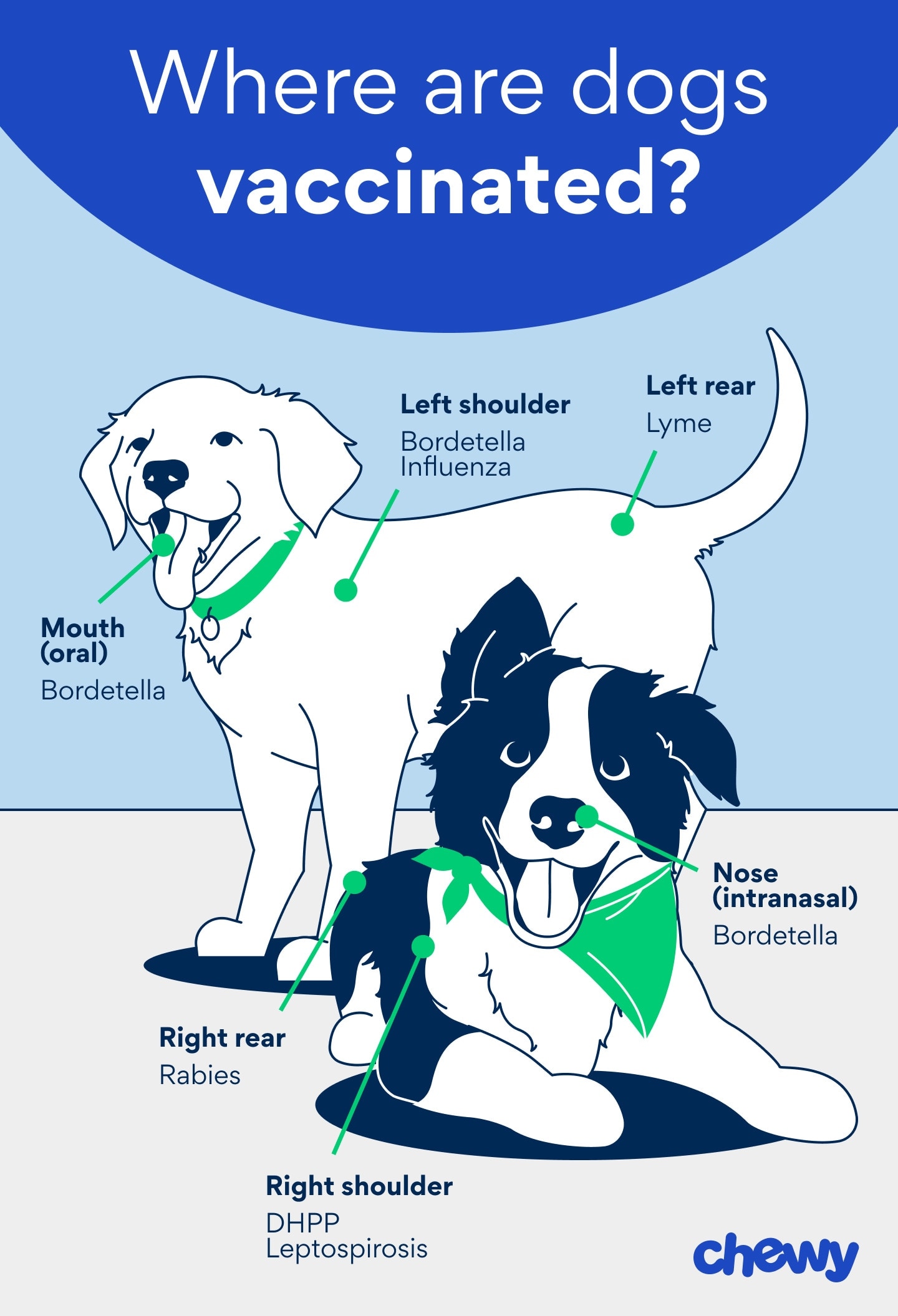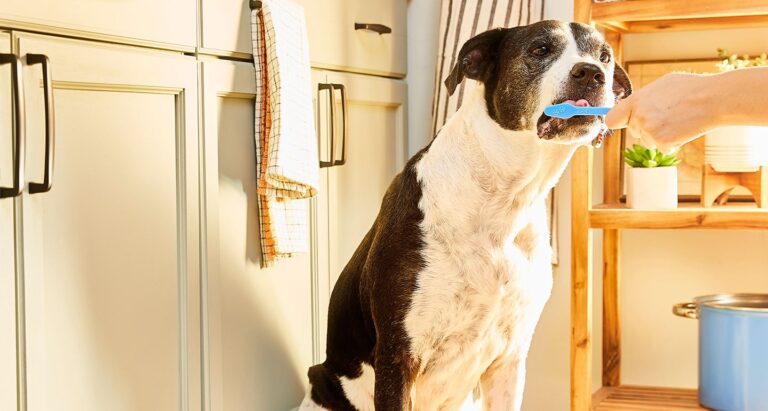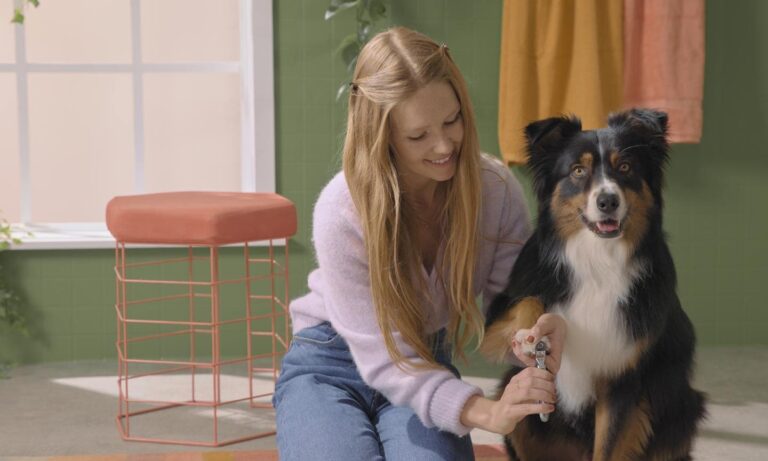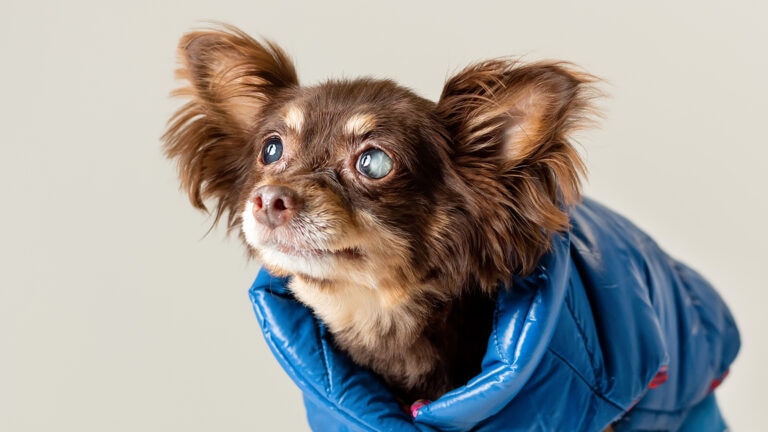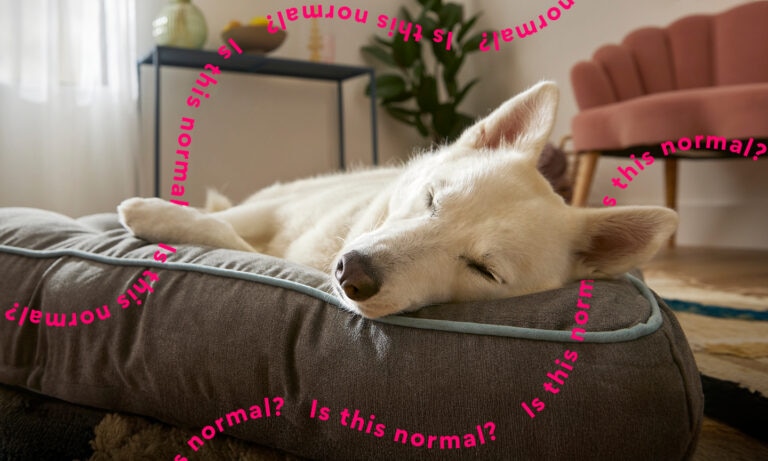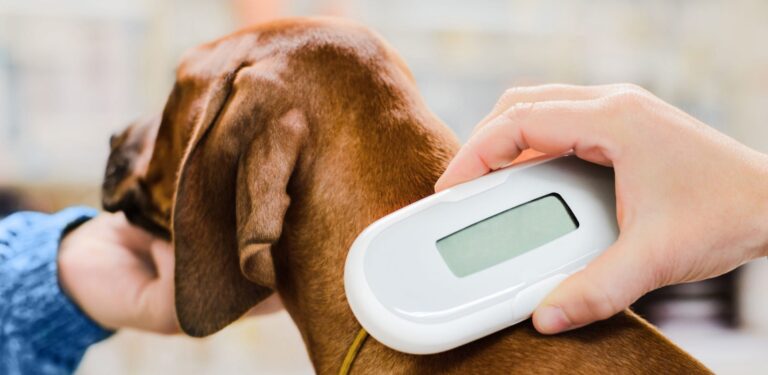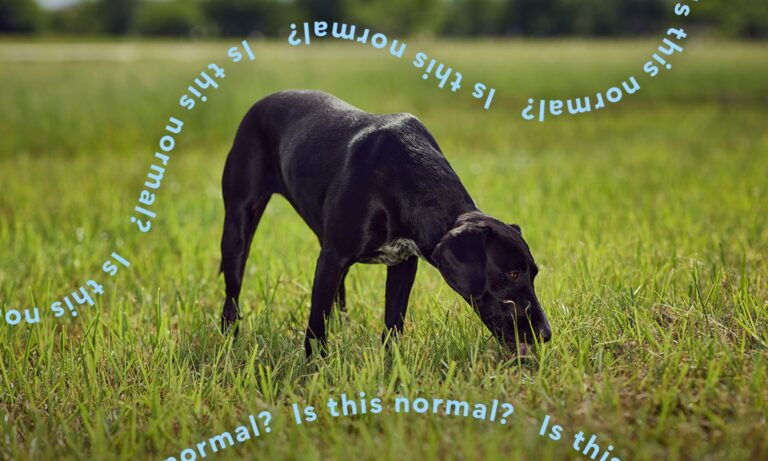Puppy Vaccine Schedule: A Complete Guide to Puppy Shots
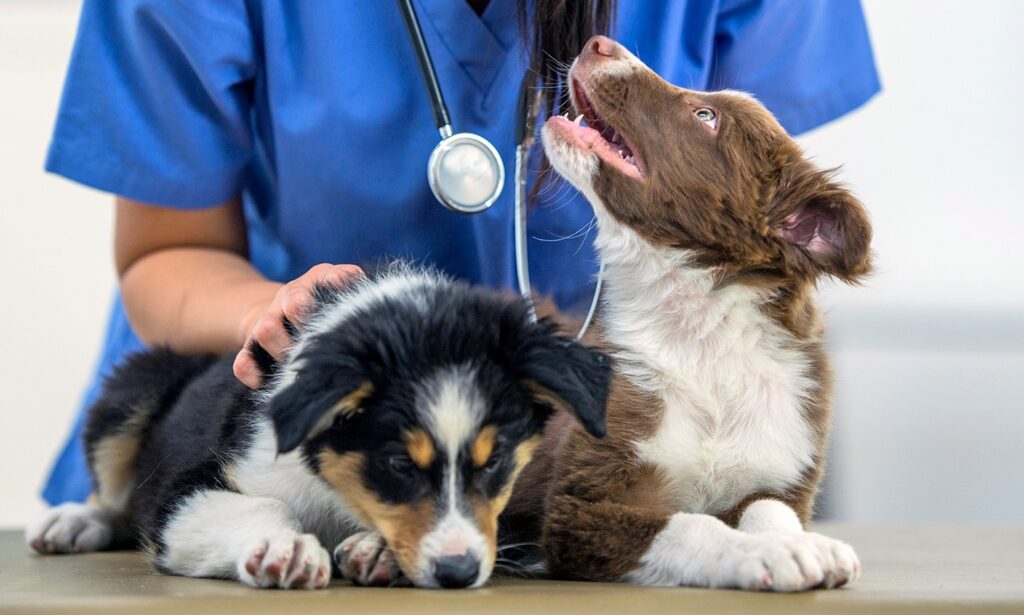
Photo by FatCamera/E+ via Getty Images
When bringing home a new puppy, that pet-parent checklist is chock-full of fun things like securing a cozy place to sleep and keeping yummy training snacks on hand. Figuring out—and sticking to—a puppy vaccine schedule is also super important.
Because their immune system is not fully developed, young puppies are at risk for bacterial and viral infections, including distemper, parvovirus, canine hepatitis, and canine influenza.
The ideal time to socialize your puppy is from 3–12 weeks of age. Keep your puppy on a leash and walk them on clean, dry pavement—and away from grassy areas where other dogs walk and poop. Exposing your puppy to as many new situations as possible will help them be more comfortable when faced with them again.
Once they’ve received all appropriate vaccinations around 16–20 weeks of age, puppies can venture out more freely into the world of dog parks, doggy daycare, groomers, and beyond.
Ahead, your ultimate puppy vaccine guide.
What Vaccines Do Puppies Need?
When considering your puppy vaccination schedule, your puppy will receive three or four core puppy shots, starting initial vaccines at 6–8 weeks of age, with boosters given every two to four weeks until they’re 16 weeks of age or older.
You’ll also want to consider additional vaccines based on your dog’s lifestyle, geographic location, and risk of exposure. These are called lifestyle vaccines.
Core Puppy Vaccines
Core puppy vaccines are considered essential for all puppies, regardless of lifestyle or environment. These vaccines protect puppies from serious and potentially life-threatening infectious diseases and minimize the spread of contagious diseases among our furry friends, explains Andrea Cermele, DVM, an Asheville, North Carolina, veterinarian for Best Friends Animal Society.
The core vaccines include:
- DHPP: The DHPP vaccine protects dogs from four serious viral diseases: distemper, adenovirus (hepatitis), parvovirus, and parainfluenza. This is a core vaccine typically given to puppies in a three or four-part series and then boosted every one to three years in adult dogs to maintain immunity.
- Leptospira: This vaccine protects against leptospirosis, a bacterial disease spread through the urine of infected animals, causing fever, muscle pain, and potentially life-threatening organ damage. This dangerous infection can also spread to people. Leptospirosis is sometimes included as part of a five-in-one vaccine called DHLPP.
- Rabies: This vaccine protects against rabies, an uncommon but extremely dangerous and deadly viral disease that affects all mammals (including humans). Many states have laws that require pet parents to vaccinate dogs against rabies, so check your state’s regulations.
Lifestyle Puppy Vaccines
Pet parents might want to consider giving their puppy optional vaccines based on their location, lifestyle, and risk, per the American Animal Hospital Association (AAHA) guidelines.
Ultimately, it’s best to discuss these other vaccines with your veterinarian, says Nicole Savageau, VMD, medical director at Highland’s Pet Medical Clinic, in Austin, Texas. Your vet will assess risk factors to determine the best plan of action for your pup.
Optional lifestyle vaccines include:
- Bordetella vaccine: This shot shields your pup against kennel cough, a super-contagious respiratory infection caused by the Bordetella bronchiseptica bacteria.
- Canine influenza (dog flu) vaccine: This vaccine contains one or both strains (H3N2 and H3N8) of canine influenza virus, which causes a contagious respiratory infection that can progress to pneumonia.
- Lyme disease (Borrelia burgdorferi) vaccine: This vaccine protects against Lyme disease, a tick-borne illness caused by Borrelia bacteria, which can lead to joint pain, fever, and in severe cases, kidney or heart problems. This is most important for pups who live in rural or wooded environments, but speak with your vet to see whether it’s a good idea for your pup to get this vaccine.
- Rattlesnake toxoid: This vaccination protects against rattlesnake venom and may be recommended by your vet for dogs who live in areas where they may be exposed to the Western rattlesnake, including Arizona, California, New Mexico, and Texas.
When Do Puppies Get Their First Shots?
Puppy shot schedules vary depending on the vaccines your veterinarian recommends outside of the core vaccine list. Your vet will set you up with a puppy shots timeline and help you make all necessary appointments.
A typical puppy vaccination schedule, as recommended by the AAHA guidelines, involves a series of vaccinations given in two- to four-week intervals.
The process typically begins when the puppy is around 6–8 weeks of age and continues until they are approximately 16 weeks old or older.
Puppy Core Vaccine Schedule Chart
| Puppy’s Age | Vaccine | Dosage |
|---|---|---|
| 6–8 weeks | DHPP | Minimum of three doses given between 6–16 weeks old, administered 2–4 weeks apart |
| 12 weeks | Leptospirosis | Two doses given 2–4 weeks apart |
| 14–16 weeks | Rabies | As required by local laws |
| Over 16 weeks | Rabies, DHPP, Leptospirosis | Annually |
Puppy Lifestyle Vaccine Schedule Chart
| Puppy’s Age | Vaccine | Dosage |
|---|---|---|
| 6–8 weeks | Bordetella only | Two doses given 2–4 weeks apart |
| 6–8 weeks | Bordetella and canine parainfluenza virus (if given separately) | Single dose for dogs at risk of exposure |
| 10–12 weeks | Canine Lyme disease | Two doses given 2–4 weeks apart |
| 10–12 weeks | Canine influenza virus | Two doses given 2–4 weeks apart |
| 14–16 weeks | Canine Lyme disease | Two doses given 2–4 weeks apart |
| 14–16 weeks | Canine influenza virus | Two doses given 2–4 weeks apart |
| 14–16 weeks | Rattlesnake toxoid | Depends on dog’s body weight and exposure risk |
These puppy vaccinations are strategically spaced to provide optimal protection and to ensure your pup’s immune system has time to respond effectively to each vaccination.
To help you keep track of your puppy’s vaccinations, download and print our Puppy Vaccinations Tracker.
What Vaccines Do Adult Dogs Need?
Once a puppy has completed their vaccine series (usually three or four rounds), they should transition to an adult dog vaccination schedule to maintain immunity.
Adult Dog Vaccination Schedule Chart
| Vaccine Name | Vaccine Type | Dosage |
|---|---|---|
| DHPP | Core | A single dose within 1 year following the last dose in the initial vaccination series; subsequent boosters every 3 years |
| Leptospirosis | Core | A single dose within 1 year following the last dose in the initial vaccination series; annual boosters |
| Rabies | Core | As required by law |
| Canine Lyme disease | Lifestyle | Annually |
| Bordetella and canine influenza virus | Lifestyle | Annually |
| Bordetella only | Lifestyle | Annually |
| Canine influenza virus | Lifestyle | A single dose within 1 year following the last dose in the initial vaccination series; annual boosters |
| Rattlesnake toxoid | Lifestyle | Dosing requirements and frequency vary depending on body weight and exposure risk |
Where Are Dogs Vaccinated?
Vets give vaccines in certain locations of a dog’s body and document the vaccine site in your dog’s medical record so they can monitor for any reactions.
Here’s an example of where your vet may administer each vaccine:
- DHPP: Front-right shoulder
- Leptospirosis: Front-right shoulder
- Rabies: Rear-right leg
- Bordetella: Given as nose drops, by mouth, or as a shot in the front-left shoulder
- Lyme disease: Front-left shoulder
- Canine influenza: Front-left shoulder
- Parainfluenza (if given separately): Front-left shoulder
- Rattlesnake toxoid: Side of the chest or between the shoulder blades
How Much Do Puppy Vaccinations Cost?
The initial vaccination series can range from $75 to $150 per visit, with additional costs for optional vaccines or preventive treatments, Dr. Savageau says.
Plan for three to five vet visits, with booster shots required every one to three years depending on the vaccine.
Some veterinarians provide puppy packages that offer a discount if you pay for the vaccination series up front. There are also low-cost shelters and facilities you can look into for a less expensive vaccination option. In some cases, pet insurance might defray the total cost.
FAQs About Puppy Vaccines
Can puppies have adverse reactions to vaccines?
It’s not common for puppies to experience adverse reactions to vaccines, but they can occasionally have mild side effects, such as soreness at the injection site, slight lethargy, or a low-grade fever.
Very rarely, puppies might have more serious reactions, such as facial swelling, vomiting, diarrhea, or difficulty breathing.
Monitor your pup for any of these signs. If you notice any concerning symptoms, contact your vet right away.
When do puppies get the rabies shot?
Puppies typically get their first rabies shot at 14–16 weeks old. However, state laws vary, so ask your veterinarian when your puppy should receive the rabies vaccine.
Can I walk my puppy after the second vaccination?
While your pup will have some immunity after their second vaccination, they are still not fully protected until they have completed their full vaccination series.
You can take them on walks but avoid high-traffic dog areas, such as parks or sidewalks with heavy pet activity, to reduce the risk of exposure to diseases like parvovirus.
Instead, opt for quieter, cleaner areas or your own backyard until your veterinarian gives the all-clear.
How many rounds of shots do puppies need before going outside?
As long as you choose safe spaces away from stray, sick, or unvaccinated dogs, it is great for puppies to go outside right away for short walks, socialization, and potty training. Puppies typically require three or four rounds of core vaccinations before they’re considered fully protected and cleared for all types of fun outdoor adventures.
Until your puppy has received their final round of shots and the immunity has fully developed—usually one to two weeks after the last vaccine—they may still go outside (such as sitting on a blanket at a park near a playground), but it is best to avoid places where unvaccinated dogs might be present, such as dog parks, pet stores, or busy sidewalks.
This content was medically reviewed by Molly Price, DVM, Chewy veterinarian.
